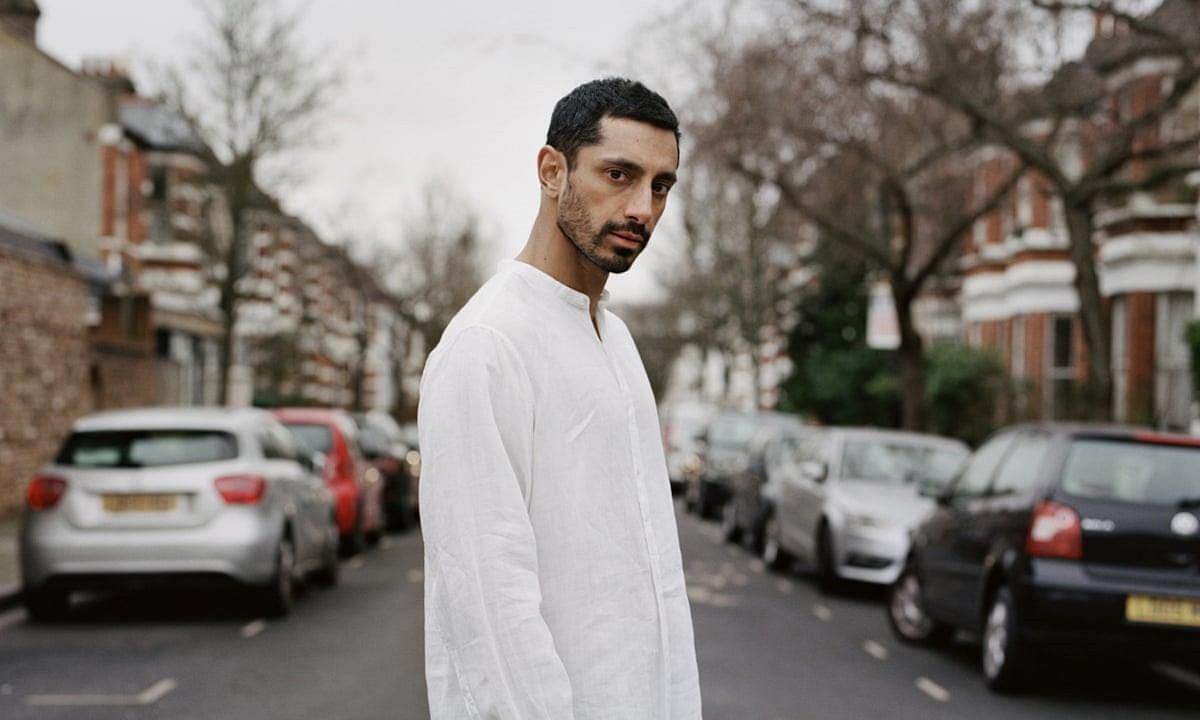
The live action short film can be an explorative medium in which narratives impact us deeply while deceiving space and time.
‘The Long Goodbye’ (2020), just nominated for the Oscars, is a 12-minute film created and directed by Aneil Karia and Riz Ahmed. It brings out the best in this lucid form of filmmaking.
As pointed out by Hasan Minaj, in an interview moderated by him, within eleven minutes, we are taken through multiple ‘tones’ of calm, chaos and rage in the day of a close-knit Pakistani family based in the UK.
The tones consolidate the technical and literary variables that make the mise-en-scene of a film. We get to see a variety of shot breakdowns, moving between multiple characters. Within a short time, the viewer is able to feel the rhythm of each character.
Riz Ahmed is busy teaching a child some dance moves and telling him ‘Don’t be scared!’. Some girls are busy preparing for a wedding ceremony, and a young couple is playing a game on the couch. Smiles are spreading, with the girls putting on mehendi and exchanging gossip. In the midst of all this, the grandfather is busy trying to catch riot scenes shown on a TV channel.
In terms of sound, the chaos of a cordial domestic chatter in the first tone of the film. The imprint is a language of love and community. Suddenly, a group of racist goons pull up in a van and we hear Riz Ahmed repeatedly saying, “They are rounding people up. Hide!”. The emphasis is on words like ‘rounding up’ and ‘it’s happening!’ The goons break in wielding guns and pull out each member of the family to the road. Confusion, delusion and haste follows. The tension of this scene is inflicted on us like a whiplash.
The family chatter dies out and a beat starts to creep in. This is a unique moment, with rap music being belted out and the camera shaking in tandem. No frame is steady. Peace is broken and disturbance dominates the tone sonically. The soundscape is panicky dialogue layered with the groovy ‘Fast Lava’ from Riz Ahmed’s most recent album, with the hook line ‘I’ll spit my truth and it’s brown’ ringing in the ear like a siren. The tone transitions from love to a fear of impending death.
The final scene embarks on a new form of experimental film poetry, where a wounded Riz Ahmed wakes up on the road, some of his dead relatives lying a few feet away, and he begins to spew out words like they are meant to leave his soul. A spoken word piece emerges, preaching what humanity deserves to be and where it should not be headed. We see the emergence of a hymn speaking out against racial hatred, stereotyping and colonial arrogance.
I was reminded of the film ‘Made in Britain’ (1982), where a rude skinhead (played by Tim Roth) with a swastika tattoo on his forehead goes around breaking the law, hurling racial abuse and stealing. Riz speaks out against the white supremacist skinheads who question migrants and even hurt or kill them. Pure spoken poetry works well in this section. The words stand out clearly and through the chaos emerges a voice of justified rage.
In a live action short film, the viewer has no time for acclimatisation. Time becomes secondary and space becomes primary. We are directly placed in the midst of an unfolding event. Sound and video can be used to engage, preach and liberate. This is achieved uniquely by Aniel Karia, who according to Riz, gave shape to his entire idea and translated it to the screen. The importance of respecting a migrant’s journey is strongly communicated through this carefully knit medium of poetry, action, rhythm and opinion.
Riz Ahmed and Aneil shape this narrative with a stirring flourish that underlines the values of acceptance, dignity and freedom.
(The author is a Bengaluru based journalist and music composer, with an expertise in philosophy of sound)